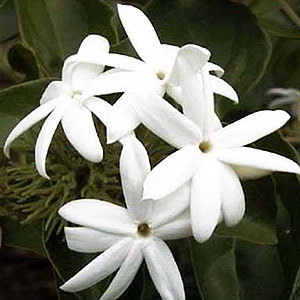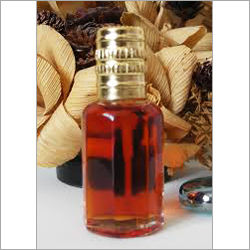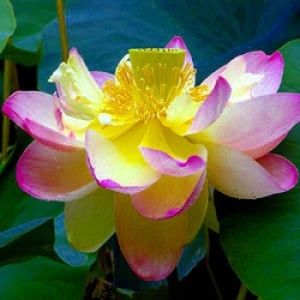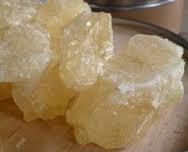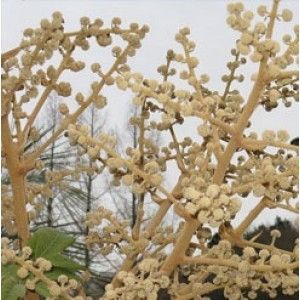
Khus Attar
Product Details:
- Suitable For Personal Care
- Scents Fragrant, Fresh, Flower
- Concentration 100%
- Form Liquid
- Perfume Type Aroma Oil
- Brand Name VAIBHAV PERFUMERY
- Ingredients ROOTS
- Click to view more
Khus Attar Price And Quantity
- 75000 INR/Liter
- 75000.00 - 85000.00 INR/Liter
- 1 Liter
Khus Attar Product Specifications
- 1 Liter (L)
- Green
- Natural Cosmetic
- Personal care
- Personal Care
- Fragrant, Fresh, Flower
- 100%
- Liquid
- Aroma Oil
- VAIBHAV PERFUMERY
- ROOTS
- green
- Khus
- Natural
- 0.998``
- .458` Gram per cubic meter (g/m3)
- Female, Male
- Other
Khus Attar Trade Information
- JAIPUR
- Letter of Credit (L/C), Western Union, Paypal, Telegraphic Transfer (T/T)
- 500 Liter Per Year
- 4 Days
- Yes
- Sample costs shipping and taxes has to be paid by the buyer
- CUSTOMIZED
- Australia, South America, Western Europe, Middle East, Central America, Africa, Asia, Eastern Europe, North America
- All India
- ISO 2009-2015,COA
Product Description
Khus Attar
Khus attar is processed from the root part of the plant and has a fragrance that is best described as sweet, deep, woody, earthy, smoky, amber and balsam. This best quality oil is obtained from roots that are 18 to 24 months old. With superior oil obtained from cultivated variety, it offers a fragrance that evokes both warmth & compassion. Vetiver is a more common ingredient in fragrances for men.Commonly Referred to as Oil of Tranquility in Ayurveda.Ethically Obtained, Sustainably Harvested, and 100 Natural.Extracted using Compressed Carbon Dioxide (Co2) powerful and pure without a trace of heavy-metal contaminants
MEDICINAL PROPERTIES:
Plant pacifies vitiated pitta, vata, burning sensation, hyperdipsia, ulcer, skin diseases, vomiting nausea, flatulence, dyspepsia, colic, cough, fever, low back pain, headache and general debility.It is widely used in perfumes and cosmetics, and for scenting soaps. It blends well with the oils of sandalwood, patchouli and rose. A decoction of the leaves is recommended as a diaphoretic. When locally applied in rheumatism, lumbago and sprain, it is a good ambrocation and affords relief. In Madhya Pradesh, the plant is used as an anthelmintic for children The oil is reported to be used as a carminative in flatulence, colic and obstinate vomiting. It is regarded as a stimulant, refrigerant and antibacterial and when applied externally, it removes excess heat from the body and gives a cooling effect. A decoction of the leaves is recommended as a diaphoretic.
The roots are bitter, sweet, acrid, refrigerant, aromatic, diaphoretic, depurative, digestive, carminative, stomachic, antiemetic, constipating, haematinic, haemostatic, expectorant, diuretic, febrifuge, stimulant, anthelmintic, emmenagogue, alexeteric, soporific, antispasmodic and tonic. They are useful in vitiated conditions of pitta, and vata, hyperdipsia, burning sensation, ulcers, skin diseases, nausea, obstinate vomiting, dyspepsia, flatulence, colic, anaemia, haemorrhages, haemoptysis, cough, asthma, hiccough, strangury, bilious fever, gout, lumbago, sprains, halitosis, cephalalgia, spermatorrhea, hysteria, insOmnia, diarrhoea, hyPerhidrosis, amentia, cardiac debility, amenorrhoea, dysmenorrhoea, helminthiasis, spasmodic affections, erysipelas, emaciation and general debility.

Price:
- 50
- 100
- 200
- 250
- 500
- 1000+


